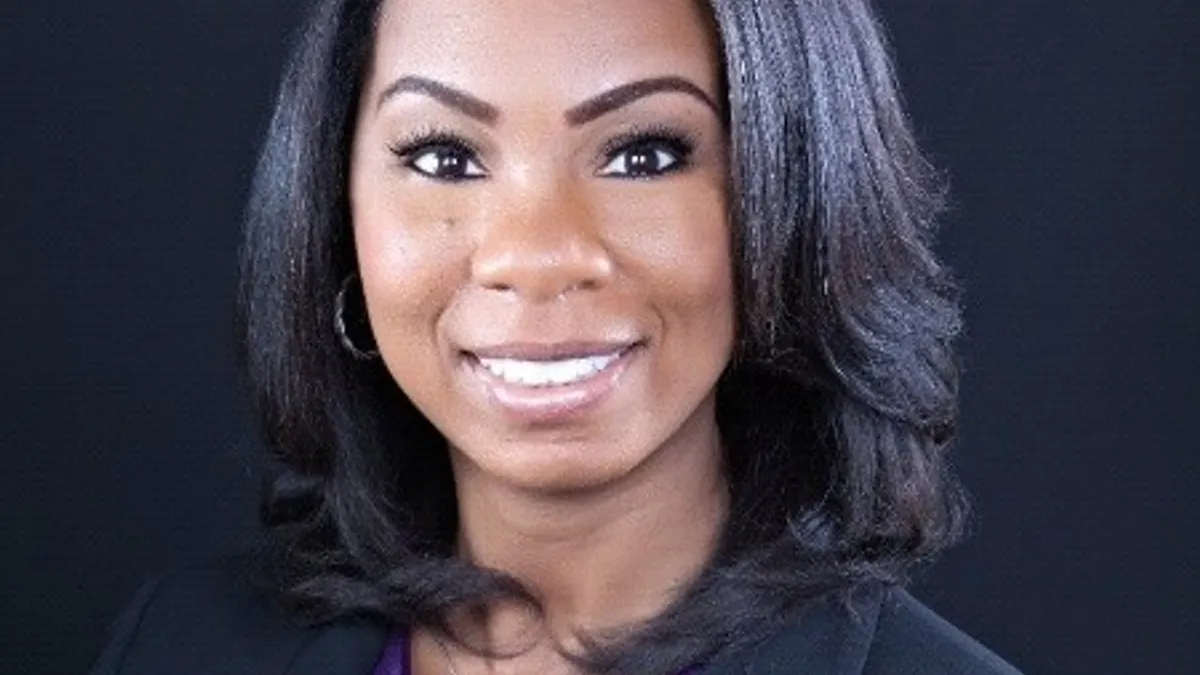The COVID-19 pandemic has put even the most developed and talented finance teams at risk of being downsized. However, retaining talented and proactive finance professionals can be an organization’s lifeline amid such lack of clarity.
During the CFO Live virtual conference Thursday, Dipti Arora, head of FP&A at cybersecurity provider A10 Networks, led a panel on the topic of finance talent retention. With Kelly Garnes, CFO of Gill St. Bernard’s School, a private preparatory school in Gladstone, N.J., and Ann Anthony, CFO of Key Capture Energy, Arora discussed the relationship between organizational performance and finance talent, retaining workers as a means of increasing productivity and company value, and avoiding the looming threat of layoffs.
Starting from the top
The panelists agreed keeping finance talent onboard begins with smart and effective hiring. "In hiring finance talent, we're always looking for competence," Garnes said. "We make sure they know and understand our company and its key functions. They must be willing to be innovative, help drive the right kinds of decisions, and are not just doing one thing for our company, but are part of a larger team making our company better."
Anthony echoed Garnes' sentiment, adding two more qualifiers: intellectual curiosity, and an innate ability to figure things out.
"We want someone who can step back and say, 'Okay, I prepared this spreadsheet. Are the results what I expected them to be?'" Anthony said. "Peel back the onion and ask whether it makes sense. If it does or doesn't, why? Don't just put numbers in the spreadsheet and hand it over; think through it."
Both small and large organizations alike are being forced to do more with less these days, Anthony pointed out. These traits of curiosity and drive are doubly vital.
Going remote
Key Capture, which is an energy storage startup, has, in many ways, become more productive, Anthony said. "We don't have the distractions we might have in the office, and we've been pretty comfortable with technology anyway, so this hasn't been that much of an obstacle."
At Gill St. Bernard’s, Garnes is on the opposite end of the spectrum. "Our school has been held in person for over 300 years," she said. "Moving finance and academics online has been a complete upheaval for the organization."
But, Garnes, who has been with the school a year and a half, said, she got a little lucky, the need they have is the experience she brings in the form of digitization.
"As I worked that process early on, I saw some places [at Gill St. Bernard’s] we need to digitize, but because school is usually held in-person, it was a hard sell," she said. "[The process of getting] team members used to a new process was accelerated, because we all had to continue our regular finance functions from home. So, there have been lots of really good changes, and I think there will be no going back from the changes we’ve put into place."
Perfecting remote management
From a managerial standpoint, both Anthony and Garnes prioritize making their team members feel heard, acknowledged and appreciated.
"I always make sure my team and I can continue to calibrate on what our goals are for the given year," Garnes said. "We're making sure that each individual on the team, beyond just the job description and work description, is adding value to the organization. And along with that goal-setting, there are also always check-ins."
When Anthony left her prior role at a $4 billion valued-company to join startup Key Capture, she retained her strategic goal-setting approach to management, she said.
"We set our strategic goals for the year, and then finance goes about supporting it," she said. "With COVID, that's somewhat upset, because, in a lot of cases, the timeline is not dependent on everything you as a team can do. There’s a lot outside you and your company’s control, but we’ve tried to still follow that model where possible."
The evolution of CFO leadership
Despite the substantial changes in the workplace, Anthony continues holding weekly one-on-ones with her direct reports and her superiors. "I typically use, with success, both for my upward and downward one-on-ones, a running list of what we're working on, how we're progressing towards it, and how I can help my teammates move past obstacles," she said.
Garnes also relies on regular check-ins, and also stresses the importance of keeping her camera on and avoiding rescheduling, whenever possible. "If my camera's not on, or I keep changing our meeting time, what does that say about how I value you, on my team?" she asked. "It could say, maybe, not so much."
"I want to recognize, during this season, we see people looking for work, and to lose someone on your team right now is highly disruptive," Garnes said. "There are recruiters looking for people, and wanting them to know they'd feel valued at a new company. Though we're in a virtual environment, we all have to take extra effort to make sure team members feel we value their efforts. When you start to take it lightly, they can tell."
Arora agreed, adding that at A10, her key for retention is asking whether each member of her team "actually feels valuable."
Even so, one can never plan enough for unexpected absences. At Key Capture, Anthony works with a very small team, she said, and in the event that several members are out at once, cross-training is crucial.
"We've spent a lot of time making sure everyone is aware of critical deadlines and how we do a process," Anthony said. "We've specifically added another body to assist with the day-to-day closing processes to make sure we have a dedicated backup."





















